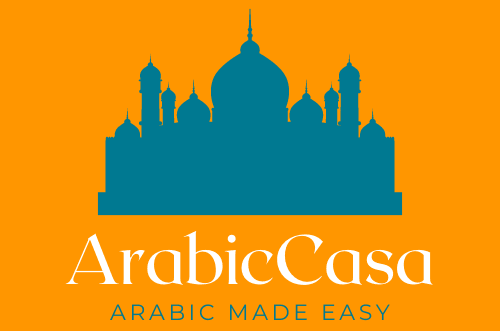What Is The Role Of The Gulf Cooperation Council in the International Relations
The Gulf Cooperation Council (GCC) is a political and economic alliance of six countries in the Arabian Peninsula: Bahrain, Kuwait, Oman, Qatar, Saudi Arabia, and the United Arab Emirates. Its member countries, which are major players in the global economy, often coordinate their positions on international issues and work together to promote economic development and security in the region. This article will provide an overview of the GCC, its history, and the role of the Gulf Cooperation Council in the international relations of the Middle East. It will also examine the impact of the GCC on the oil market and the global economy.
Establishment Of GCC
The Gulf Cooperation Council (GCC) was established in 1981 as a political and economic alliance of six countries in the Arabian Peninsula: Bahrain, Kuwait, Oman, Qatar, Saudi Arabia, and the United Arab Emirates.
The council was formed in response to a number of regional and global challenges, including the Iranian Revolution of 1979 and the subsequent Iran-Iraq War, which raised concerns about the security of the Gulf states. Additionally, the GCC was created to promote cooperation and coordination among its member states in areas such as economic development, security, and foreign policy.
Which Arab Countries Are Part Of The GCC?
The Gulf Cooperation Council (GCC) is a political and economic alliance of six Arab countries in the Arabian Peninsula:
- Bahrain
- Kuwait
- Oman
- Qatar
- United Arab Emirates
- Saudia Arabia
These six countries formed the council in 1981 to promote cooperation and coordination among its member states in areas such as economic development, security, and foreign policy. They also work to create a unified economic and military front against the perceived threats from the non-Arab states and also to promote economic growth and stability in the region through cooperation in trade, finance, and other areas.
Four of the GCC states are also members of the Arab League: Bahrain, Kuwait, Oman, and Qatar. The UAE is a member of both organizations.
There are several similarities between the GCC countries, like, having the same language, culture, joint initiatives, and to some extent same religion. However, they also differ in many aspects, for instance, geography, population, economy, etc.
Why Are The GCC Countries Important?
The six GCC countries have a number of significance and importance individually and combined. They have a population of more than 300 million people altogether. They have a combined GDP of over $2 trillion dollars. They are important allies of the United States and are major producers of oil and gas.
The GCC is an important part of the global economy and has helped to promote peace and stability in the region. It has been a major force for economic development in the Middle East.
Role Of The Gulf Cooperation Council
The Gulf Cooperation Council (GCC) is a regional organization made up of six Arab states: Bahrain, Kuwait, Oman, Qatar, Saudi Arabia, and the United Arab Emirates. The GCC was formed in 1981 to promote economic and political cooperation among its members.
The GCC has played an important role in the arab world. Its members are responsible for almost half of all oil exports from the arab world and have been major players in regional politics. The GCC has also been a key force in promoting Arab unity and defending Arab interests.
The GCC has been a driving force behind several key arab initiatives, including the creation of the Arab League in 1945 and the establishment of the Arab Monetary Fund in 1992. It has also been instrumental in promoting economic reform in Arab countries.
Furthermore, the GCC was also established to create a unified economic and military front against the perceived threats from the non-Arab states and also to promote economic growth and stability in the region through cooperation in trade, finance, and other areas. The GCC was also seen as a means of strengthening the political and economic ties among the Arab states of the Gulf and countering the influence of non-Arab countries in the region.
Today, GCC ministers meet regularly to discuss issues affecting their member states and promote regional cooperation. The council has also devised a number of cooperative programs, including a free trade agreement and a program to provide financial support for young Arab entrepreneurs. In addition, GCC funds numerous development projects throughout the region.
The history of GCC reflects the diverse cultures and societies that make up its members. Each country has pursued its own agenda while remaining committed to cooperation within the organization.
Today, the GCC is an important forum for discussion and coordination on regional issues. It remains one of the most influential regional organizations in the arab world.
Conclusion
The Gulf Cooperation Council (GCC) is a political and economic alliance of six countries in the Arabian Peninsula: Bahrain, Kuwait, Oman, Qatar, Saudi Arabia, and the United Arab Emirates. The council was established in 1981 to promote coordination among its member states in areas such as economic development, security, and foreign policy.
The GCC also serves as a forum for discussing regional issues and resolving disputes among its members. In international relations, GCC plays a vital role in the Middle East, being one of the most influential organizations in the region, it has a strong impact on the oil market, and its member countries are major players in the global economy. Additionally, GCC countries often coordinate their positions on international issues, such as in the United Nations and other international organizations.
